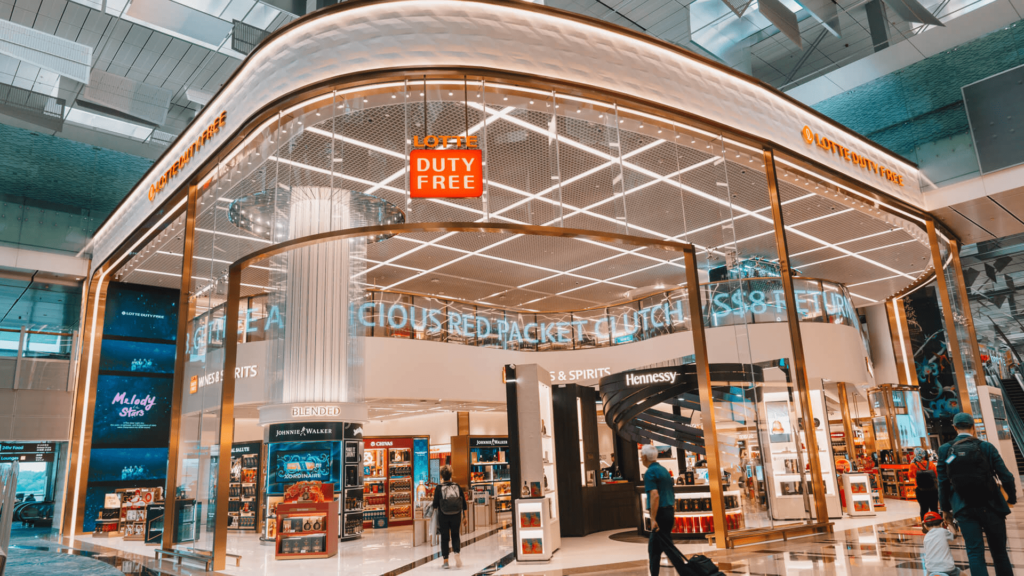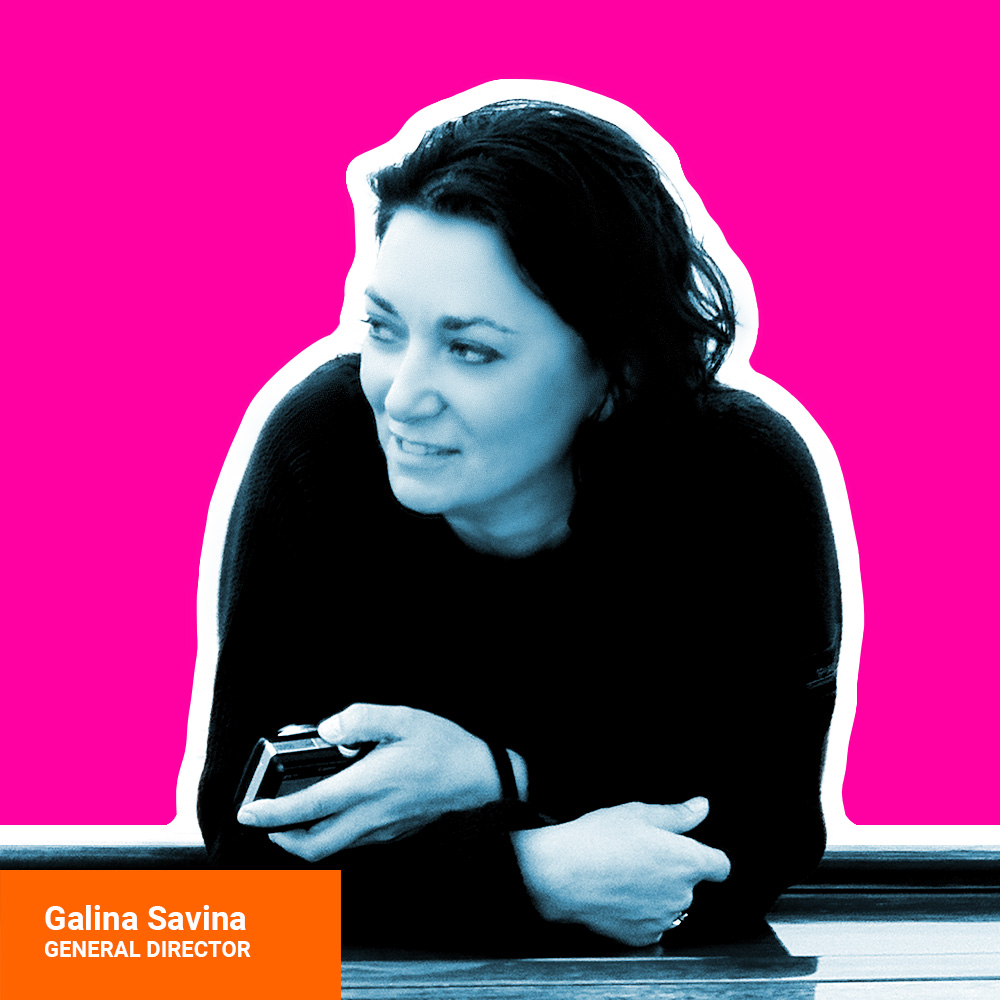
The Travelgorithm Knows Best: How AI is Reprogramming Travel—And What That Means to the Rest of Us.
Artificial Intelligence isn’t just changing how we plan and book trips—it’s reshaping tourism, hospitality, retail, and every sector that depends on travelers’ choices.
I have spent years refining my approach to travel planning, not because I enjoy the process (well maybe just a little), but because I hate inefficiency. I know exactly where I want to sit on a plane (right-side window for long-haul, left-side aisle for short hops, if you’re curious) and I often plan packing lists weeks in advance. To be fair, a lot of my travel has been too far flung places often for weeks, sometimes for months at a time. So you can understand why I fuss. At one point, I was flying between Boston and Moscow every two weeks, then between Moscow and Havana every month. I developed an instinct for optimizing layovers, outsmarting airline algorithms and finding interesting hotel options. I wasn’t just booking flights; I was engineering the smoothest possible experience.
Planning my recent South American itinerary with AI was a revelation. Flights, hotels, restaurants, and optimal routes—curated to my exact preferences, with no late-night deep dives into Kayak’s search filters. It felt like having an equally obsessive travel agent, minus the attitude and commission fees. AI didn’t just save time—it improved my decisions. It found better flight combinations far faster than I would have, flagged off-peak dates and alternative routes that cut my costs, and structured my itinerary—all in minutes instead of hours or days.
This kind of optimization isn’t just a convenience—it’s a fundamental shift in how travel works. AI isn’t just making individual trips more efficient; it’s changing how the entire tourism industry operates. It’s reshaping how destinations market themselves, how hotels price their rooms, how airlines optimize their flights, and how travelers make decisions. And the ripple effects go beyond travel itself. As AI changes where, when, and how people move through the world, it’s also shifting how they shop, where they eat, and even what luxury goods they buy along the way.
How AI is Overturning the Travel and Hospitality Industry
For the past two decades, online travel agencies like Expedia, Booking.com, and Google Travel have built their businesses on the idea that travelers want more choices. Their entire model is built on search—giving users endless flight and hotel options and leaving them to sift through the results. But AI is quietly dismantling this system. Instead of requiring travelers to scroll through pages of flights and accommodations, AI travel assistants can now build entire itineraries in seconds, eliminating the need for manual search altogether.
The shift is already happening. Platforms like GuideGeek provide AI-generated travel plans via WhatsApp, bypassing traditional online travel agencies entirely. Google’s AI-driven search is beginning to merge flight, hotel and activity planning into one seamless experience. Hopper’s AI pricing model already predicts flight prices with 95 percent accuracy, saving travelers up to 10 percent by recommending the best time to book. Meanwhile, AI-driven pricing engines for hotels and airlines are adjusting rates in real-time, ensuring travelers see the most optimized price at the exact moment they’re ready to book. Travelers expect this level of AI involvement—68 percent now rely on AI-driven price tracking and automatic rebooking, and 62 percent say they would trust an AI-generated itinerary over their own research. I’m not quite at that high level of trust just yet. AI still has a lot of kinks to work out, in my opinion.
But price optimization is just the beginning. AI is also reshaping how destinations compete for visitors. For years, tourism boards have relied on great PR, influencer campaigns, slick advertising, and SEO to attract travelers. Now, destinations must figure out how to get AI to recommend them.
VisitScotland is exploring AI and data analytics to manage visitor distribution, aiming to alleviate overcrowding in popular destinations like Edinburgh by promoting lesser-known areas. Similarly, Amsterdam, as part of a broader smart city initiative, is implementing AI-powered crowd monitoring systems to manage visitor flow in high-traffic locations, preventing congestion and enhancing the tourist experience. The AI-driven tourism and hospitality market is projected to reach $6.4 billion by 2031, growing at a rate of nearly 23 percent annually, as cities and tourism boards adapt to AI-powered travel recommendations.
And this isn’t just affecting airlines and hotels. AI’s influence over travel decisions is fundamentally changing how and where people shop, eat, and experience destinations.
AI’s Impact on Travel is Reshaping Many Industries
AI’s role in travel doesn’t end once the itinerary is booked—it extends into every industry that interacts with travelers along the way. Shopping, dining, and entertainment are all shifting as AI-driven travel recommendations change where people go and what they buy once they get there.

Retail is rapidly evolving as AI reshapes how travelers shop. At Singapore’s Changi Airport, AI enhances the shopping experience through personalized recommendations and digital merchandising. Luxury brands like Gucci and Farfetch use AI to curate tailored shopping experiences, leveraging digital insights to recommend high-end purchases based on past spending patterns. Farfetch employs AI-driven real-time recommendations to match customers with products aligned with their style and preferences. Stitch Fix integrates AI into its styling services, using data-driven insights to personalize fashion selections for travelers. As AI continues to influence consumer choices, its role in shaping retail and luxury purchasing decisions during travel is expanding rapidly.
Restaurants are being reshaped by AI-driven recommendations as well. Instead of searching Yelp or asking hotel concierges for restaurant suggestions, travelers are increasingly relying on AI-powered dining apps that integrate menu preferences, dietary restrictions, and previous dining habits. A tourist who enjoys fine dining in New York soon may be automatically be recommended a similar Michelin-starred experience in Tokyo, without ever needing to research it themselves. AI is also helping restaurants predict demand, ensuring that staffing and inventory levels adjust in real time based on anticipated customer patterns which take into account seasonality and tourism.

Even entertainment is shifting. AI-driven recommendations are influencing which concerts, shows, and cultural experiences travelers prioritize. Theme parks and major attractions are using AI to optimize visitor flow, preventing overcrowding and ensuring better guest experiences. The same way AI is directing travelers to less-visited destinations to combat over-tourism, it’s also shaping nightlife and event recommendations to distribute crowds more efficiently.
What Brands Need to Do Now
If AI is dictating how travelers move through the world, then every business that relies on tourism—from hotels to retailers to restaurants—needs to make sure they’re getting recommended. The fight for visibility is no longer happening in Google search results; it’s happening inside AI algorithms…and “Travelgorithms”.
Brands need to rethink how they approach digital marketing. Traditional SEO won’t cut it when AI assistants are answering travel queries directly instead of providing lists of links. Companies need to integrate with AI platforms, ensuring they appear in AI-generated recommendations. Hotels need to be working with AI-powered pricing tools to stay competitive. Restaurants and retailers must ensure their data—location, reviews, menu offerings, inventory—is structured in a way that AI can easily process and use for recommendations, which likely will rely more on comments and reviews than website hype.
Partnerships will also become crucial. Hotels, airlines, and entertainment providers that collaborate on bundled AI-driven experiences will have a major advantage. AI isn’t just optimizing one part of the travel experience—it’s connecting all of them. The brands that thrive will be the ones that understand how AI links travel decisions to purchasing behavior and position themselves accordingly.
The Algorithm Has Taken Over—Now What?
AI isn’t just making travel easier—it’s controlling the entire experience, from how we book flights to what we buy when we arrive. Every industry that relies on tourism and hospitality—from luxury retail to dining and entertainment—is being reshaped by AI’s ability to redirect consumer demand.
For businesses, the challenge isn’t just understanding AI—it’s figuring out how to influence AI-driven decision-making. Travel brands, retailers, and service providers who fail to adapt will find themselves increasingly invisible in a world where AI, not human choice, dictates consumer behavior. The power isn’t in the advertising anymore—it’s in the algorithm that decides which options are presented to the consumer in the first place.
The shift isn’t about convenience. It’s about control. AI isn’t just responding to demand—it’s shaping it.
• Phocuswright
• Skift
• Travel Weekly
• Mize Tech
• PRNewswire



